
Latin America: Week in Review, United States
Wikileaks Reveals Cables Criticizing Fernández de Kirchner; Chávez Calls For Clinton’s Resignation
November 30, 2010 By Staff

Argentine President Cristina Fernández de Kirchner.
Today in Latin America
Top Story — The release of a large number of classified United States government documents by the website Wikileaks has caused comments and criticism from Latin American leaders.
A secret diplomatic cable from Secretary of State Hillary Clinton to the U.S. Embassy in Buenos Aires reveals Clinton’s concerns over the governing style and mental health of Argentine President Cristina Fernández de Kirchner. The cable also asks about the gastrointestinal illness of former Argentine president and Fernández de Kirchner’s late-husband, Nestor Kirchner.
“Washington analysts are interested in Argentine leadership dynamics, particularly with regards to Cristina Fernández de Kirchner and Nestor Kirchner…How is Cristina Fernández de Kirchner managing her nerves and anxiety,” the cable states.
The cable appeared to have been prompted by diplomatic spats which showed Kirchner’s government “to be extremely thin-skinned and intolerant of perceived criticism,” and Clinton on Monday said that the U.S. government deeply regretted the release of any classified information.
Venezuelan President Hugo Chávez called Monday for Clinton resign and praised Wikileaks for making the classified documents public. Chávez, a fervent critic of U.S. foreign policy, hailed the website its “bravery.”
“I have to congratulate the people of Wikileaks for their bravery and courage,” Chavez said today on state television, according to Bloomberg. “Clinton should resign, it’s the least she can do with all of this spying and delinquency in the State Department.”
Over 2,000 diplomatic cables from the U.S. embassy in Caracas, Venezuela are being prepared for for release by Wikileaks. It is the second highest number of cables from any embassy in Latin America, behind the emabssy in Bogotá, Colombia.
Just Published at the Latin America News Dispatch
- Secure Communities, a federal anti-illegal immigration program, is stirring debate in New York. Amy Elmgren reports.
Headlines from the Western Hemisphere
North America
- The female Mexican police chief in the northern town of Meoqui was killed while driving to work by alleged gunmen working for drug traffickers.
- Madonna launched her new brand of “Hard Candy Fitness” gyms in Mexico City on Monday, with a 30,000-square-foot facility.
Caribbean
- Cuba will free 11 jailed dissidents and allow them to stay in Cuba, Cardinal Jaime Ortega said Monday.
- A quiet tension settled over Haiti Monday, as the country waited to see how electoral officials will handle Sunday’s chaotic election.
- Standard & Poor’s Ratings Services lifted its outlook on Puerto Rico to positive, citing the commonwealth’s recent spending controls and revenue-bolstering measures.
- Five Haitians were wounded Monday in clashes involving Dominican and Haitian security forces as well as members of the U.N. Stabilization Mission in Haiti, or Minustah.
Central America
- The White House has ordered a comprehensive review of medical research guidelines after revelations last month that the U.S. knowingly infected hundreds of Guatemalan prisoners and patients with syphilis or gonorrhea in the 1940s.
- A livestock truck packed with workers on their way to a Guatemala coffee plantation veered off a winding road and crashed, killing 19 of the passengers and injuring 44, an official said Monday.
Andes
- Venezuelan socialist leader Hugo Chávez has invited 25 families made homeless by recent torrential rains to stay temporarily at the Miraflores presidential palace in Caracas.
- France refused to confirm on Monday scathing criticism of Iran and Venezuela by a senior French diplomat contained in U.S. State Department documents leaked by the whistle-blowing WikiLeaks web site.
- If WikiLeaks founder Julian Assange needs a home, Ecuador’s deputy foreign minister says this Andean nation is happy to provide one.
Southern Cone
- Paraguay’s foreign minister summoned the U.S. ambassador in Asunción on Monday to discuss the leaked U.S. embassy cables about U.S. investigations of terrorism, oil, and corruption in Paraguay, but declined to make public comments.
- Brazilian President Lula da Silva called Sunday’s police raid on Alemão favela in Rio de Janeiro a success, but human rights groups are skeptical of the crackdown.
- A nineteen year-old Brazilian was killed in a soccer brawl between approximately 50 fans of Atletico Mineiro and Cruzeiro on Saturday.
Image: Expectativa Online @ Flickr.
Subscribe to Today in Latin America by Email
< Previous Article
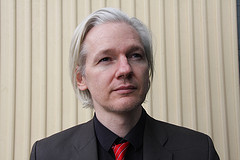
November 29, 2010 > Staff
Wikileaks Reveals Secret U.S. Embassy Cables About Honduran Coup
Next Article >
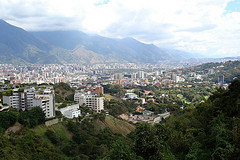
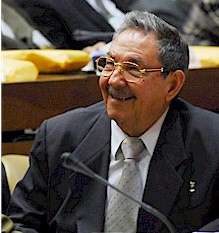
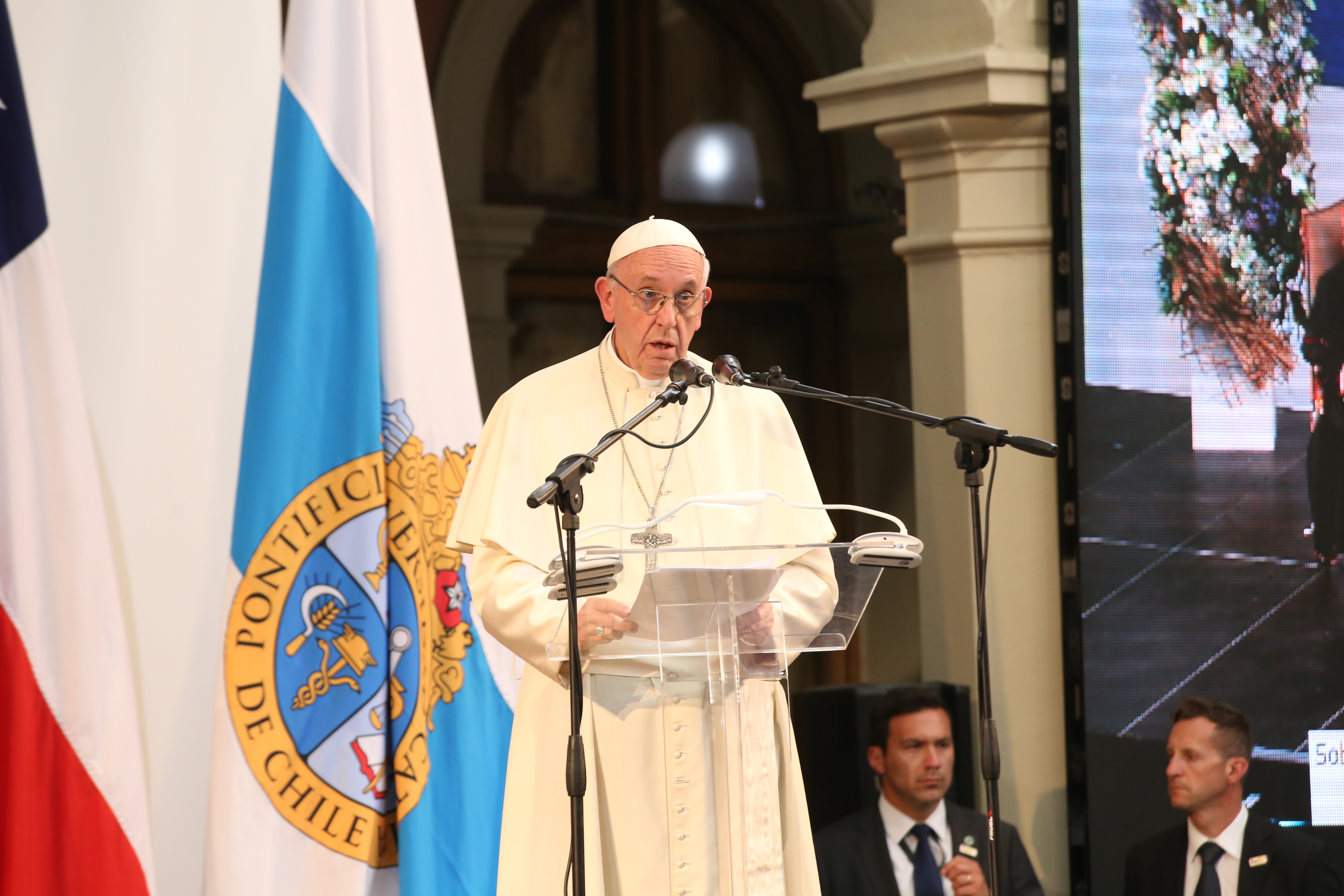
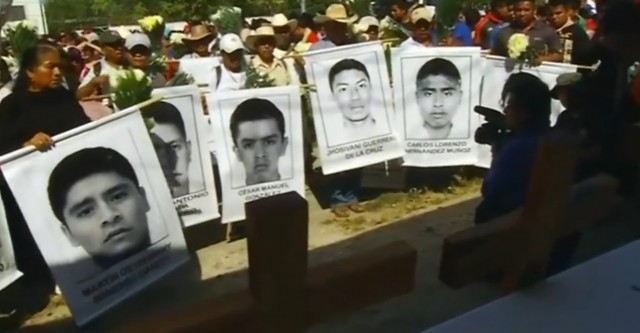
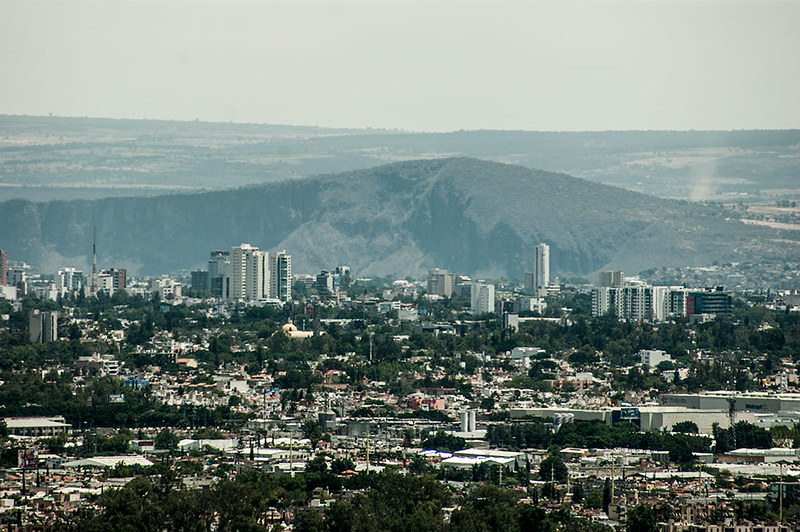
1 Comment
I can’t wait to see what they have from the Us embassy in venezuela, yeah!
Comments are closed.